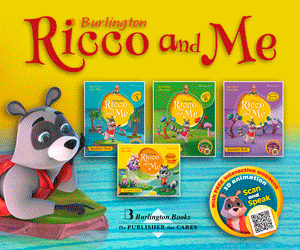Be experimental with your lesson planning, students often respond really well to the unexpected. There are many possibilities for different approaches to teaching and learning. Although some of the activities below are traditionally associated with particular subject areas, it can often be great from to make more unusual cross-connections (a graph in English for example, or a poem in science).
Teaching strategies
- Teacher based
- Teacher talks to the class
- Teacher gives instructions to the class
- Teacher discusses a topic, getting responses from the class
- Teacher asks questions of the students
- Teacher writes something on the board for the class to copy
- Teacher writes the students’ ideas on the board for the class to copy
Student based
- Students follow instructions
- Students work in pairs or groups
- Students make group presentations to the class
- Students make individual presentations to the class
- Students brainstorm in a group to get ideas
- Students work individually eg reading, writing, drawing
- Students write their ideas on the board
- Students ask questions of the teacher
- Students make a list of questions they would like to research and answer
Types of learning activities
- Reading activities
- Individual reading
- Shared reading, eg whole class
- Reading for information
- Memorising facts, figures or vocabulary
- Reading in pairs or groups
- Speed or skim reading
- Reading newspaper or magazine articles
- Reading from textbooks
- Reading on a computer screen
- Reading each other’s work
- Wordsearches and crosswords. You can download wordsearch templates from TES Resources along with crossword designers)
Writing activities
Answering questions
Summarising the main points of a text
Note taking
Writing reports
Writing essays
Imaginative writing – stories, poems
Factual/analytical writing
Drawing activities
Drawing diagrams
Drawing from life or photographs
Drawing from imagination or memory
Brainstorming
Mind mapping (download free Mind Map software)
Speaking and listening activities
Discussions
Explanations
Drama exercises
Role play and improvisation
Questions and answer sessions
Quizzes (there are hundreds of quizzes and quiz templates to download on TES Resources)
Oral presentations
Debates
Taping radio programmes on a topic
Listening to music
Physical and practical activities
Games and warm ups
Individual skills work
Group exercises
Drawing, modelling and painting
Practical experiments
Designing, building and testing
Performance/demonstrations, eg dance, drama, science.
read more
newteachers.tes.co.uk




